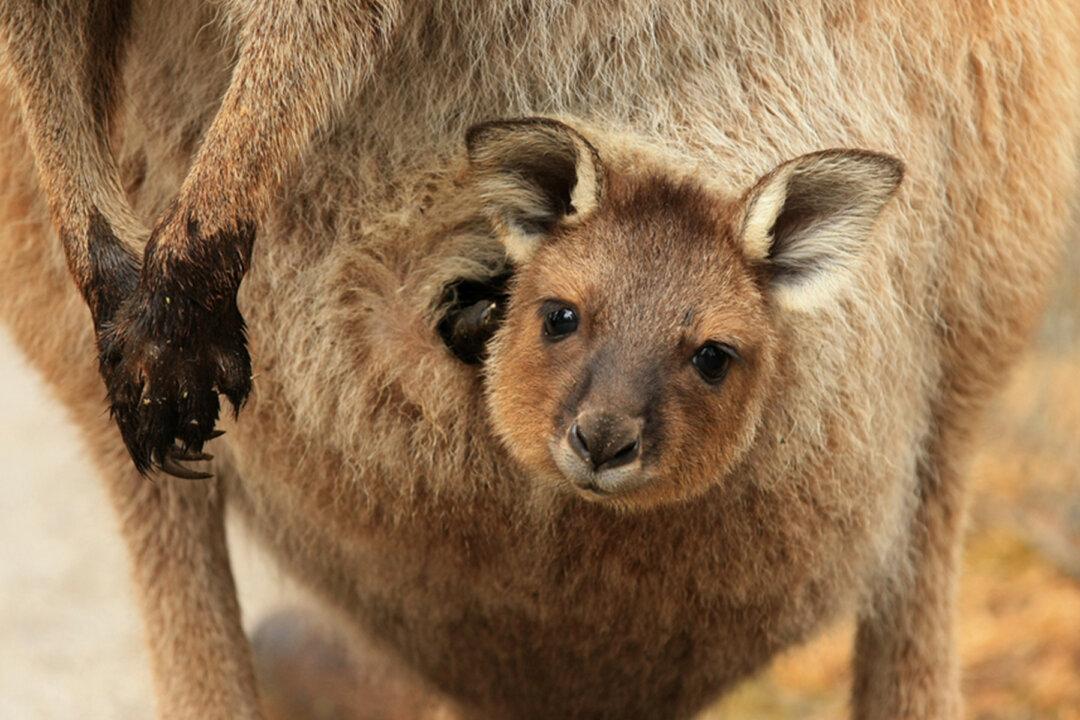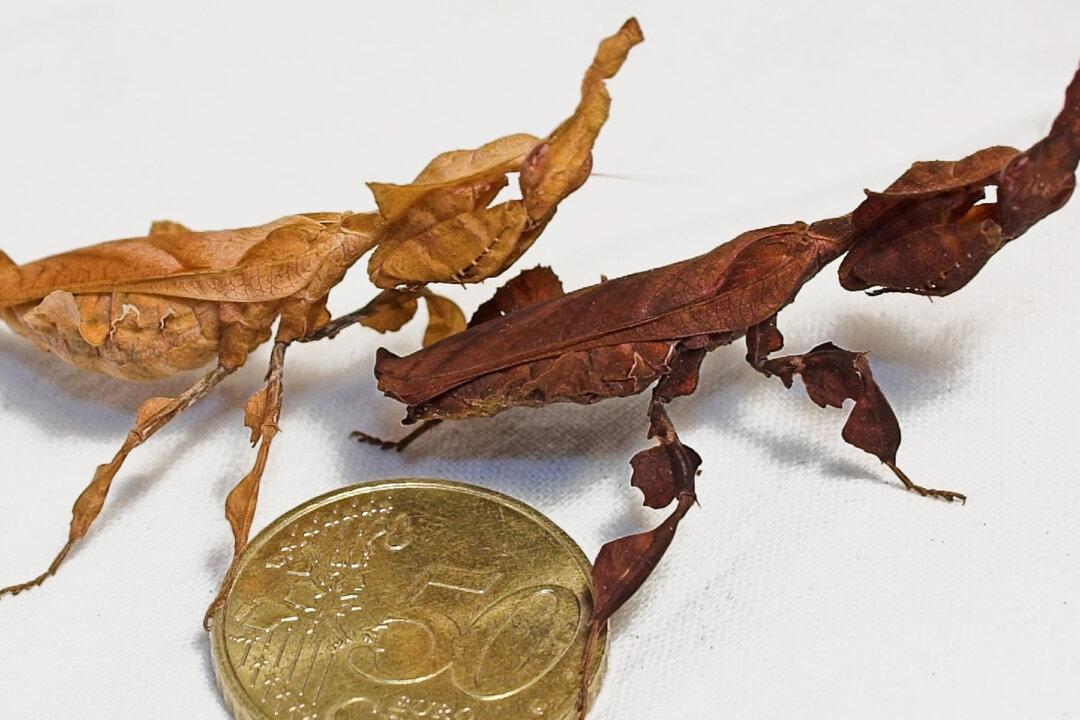Sam McGlone is best known for amazing photos and videos of exotic travel destinations, from Bali to Greece, that he posts to Instagram, but this Australian social media star is working close to home these days, fighting fires with his dad, brother, and other members of the local community.
Amazingly, while raking away leaves and dousing the advancing blaze, Sam rescued a baby kangaroo that had gotten separated from its mother. In a video that has gone viral, Sam picks up the tiny, frightened joey and wraps it in a fire blanket.




